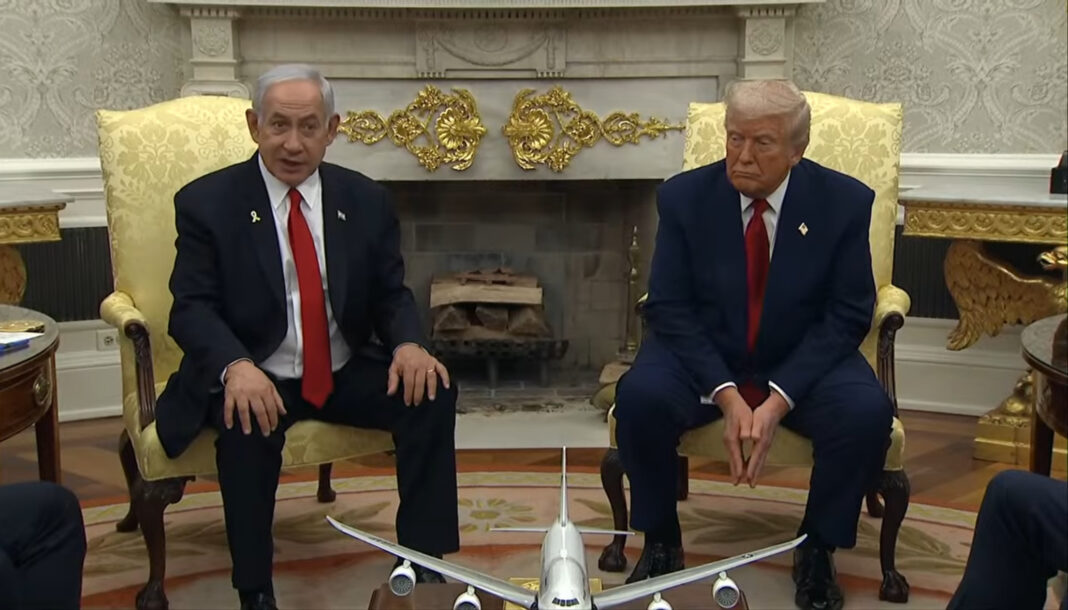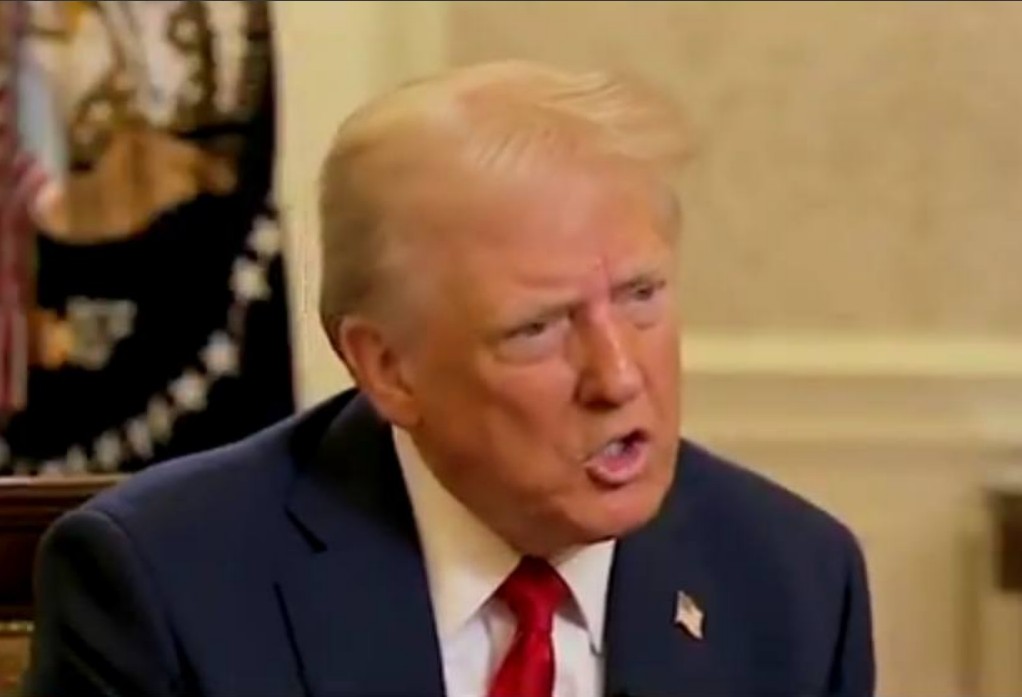Israel expressed deep concern following President Donald Trump’s surprise announcement that the United States will begin direct nuclear negotiations with Iran. The statement, made in the Oval Office alongside Israeli Prime Minister Benjamin Netanyahu, caught many off guard — including members of the Israeli delegation and even some within the U.S. administration.
Trump declared that the talks would begin this coming Saturday and involve high-level representatives from both sides. He added that while the U.S. hopes to reach an agreement, failure to do so would place Iran “in great danger,” a thinly veiled threat that was welcomed by Israeli officials.
In Jerusalem, the prevailing fear is that the U.S. might agree to a lenient deal, effectively legitimizing Iran as a nuclear threshold state. Israeli security sources warn that such an outcome could eliminate Israel’s window of opportunity to conduct preemptive action if deemed necessary.
Israeli officials confirmed that they were aware of indirect backchannel talks between the U.S. and Iran via Oman, but they did not expect a formal, public presidential announcement, especially during a high-level bilateral meeting.
Iran has so far rejected direct talks, favoring indirect communication through third parties. This mismatch in expectations raises questions about the feasibility and seriousness of the upcoming negotiations.
After the Oval Office meeting, Netanyahu reportedly held a separate conversation with Vice President J.D. Vance, who is known for his more isolationist views. While Trump’s team remains divided over how far to go with Iran diplomatically, Israel continues to push for a stricter approach, emphasizing Tehran’s continued nuclear advancements and regional aggression.
For Netanyahu, who has long portrayed himself as the international voice warning against Iranian nuclear ambitions, this moment could serve as a critical test of his diplomatic strategy and regional influence.




